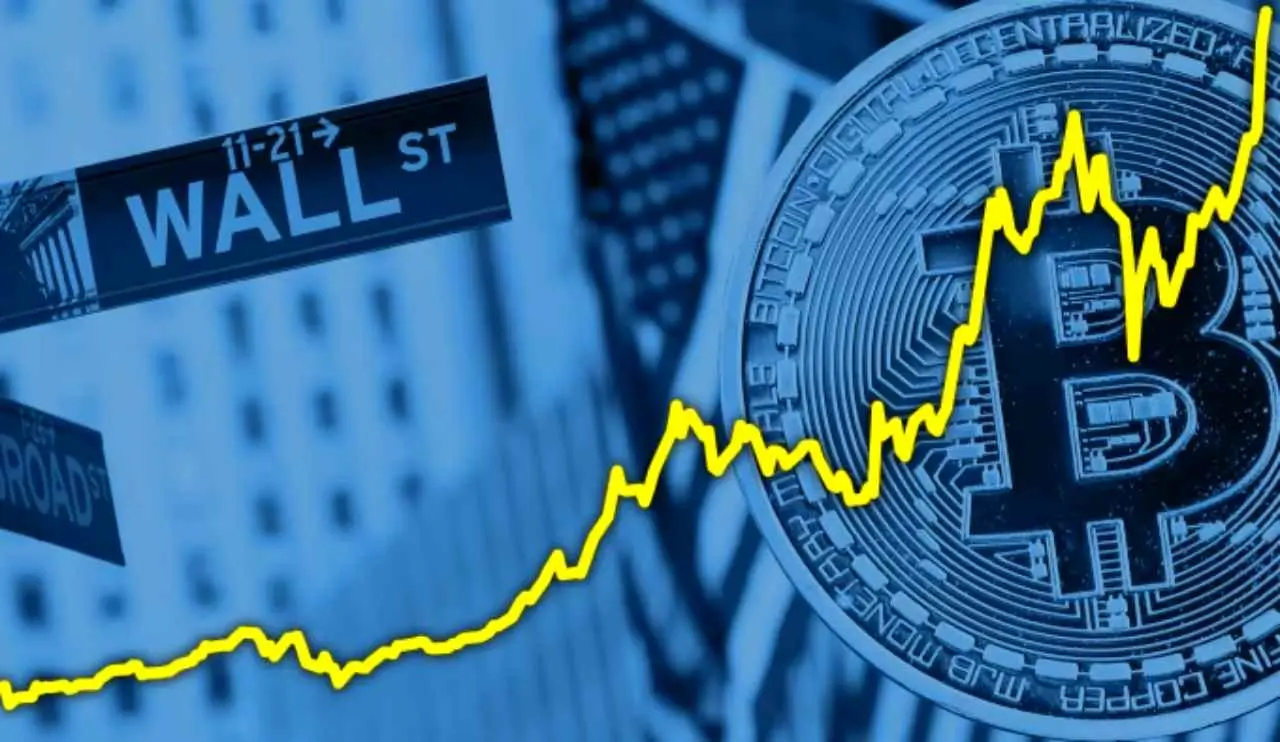Wall Street on the Blockchain: Coinbase Sets Sights on Tokenized Stocks

Coinbase has asked the U.S. Securities and Exchange Commission (SEC) to allow the launch of tokenized stocks on its blockchain platform. This could change the way we think about traditional finance. This could be a turning point for the cryptocurrency industry and the world’s capital markets. The idea is bold but based on reality: let people trade stocks all day long using digital tokens that stand for real-world stocks like Apple, Tesla, or Microsoft. Bringing tokenized equities into the U.S. financial system, where they will be watched over by the SEC, is a huge challenge that Coinbase is now facing.
This isn’t just another crypto experiment or a hype-driven announcement. It is part of a bigger, more serious plan to modernize finance, in which owning stocks becomes borderless, instant, and decentralized. The consequences are huge: picture being able to buy shares of your favorite company at 3 AM with the same ease as you buy cryptocurrency. This would lower transaction fees, cut settlement time from two days to just a few minutes, and allow fractional ownership on a global scale. But before any of this can happen, one big problem is getting permission from the regulators.
Breaking Down the Push for Tokenized Stocks
Paul Grewal, Coinbase’s Chief Legal Officer, made it clear that this project is their top priority. But people in the U.S. can’t trade tokenized stocks yet. Why? They need a “no action letter” or SEC exemptions to move forward legally.
The appeal is clear: tokenized stocks promise easy settlement, lower fees, and 24/7 access. Still, skeptics point to problems like low liquidity in secondary markets, a lack of global legal standards, and the need for broker-dealer organization under U.S. law. The SEC sued Coinbase in 2023 because it wasn’t registered as a broker-dealer. Earlier this year, the Trump SEC dropped that lawsuit.
Regulatory Climate: A Crypto Renaissance That Goes On
The current SEC, which has commissioners chosen by Trump, has made a big shift toward rulings that are good for crypto. The regulatory climate got better when several high-profile lawsuits against Coinbase, Binance, and Kraken were dropped. In May, SEC Chair Paul Atkins hinted at new rules for how tokens are distributed and how registered broker-dealers can get to them more easily through alternative trading systems. With the help of a crypto task force and support from executives for digital asset leadership, the groundwork looks good.
Kraken has already released “xStocks,” which are U.S. stocks, but only in markets outside the U.S. Coinbase is keeping a close eye on things and working with regulators before making a move. They want to be sure that the SEC won’t go after them if they start this project, as Grewal said.
If approved, tokenized stocks could change the way people trade by making markets cheaper, faster, and always open. But success depends on how clear the SEC is, how much demand there is for liquidity, and whether the broker-dealer registration barriers are removed. Coinbase says that clearer rules from regulators could get institutions moving. Grewal said that trust has been lacking, and the next generation needs to adopt it.
Also read: The Fed and markets get mixed retail statistics from May sales

